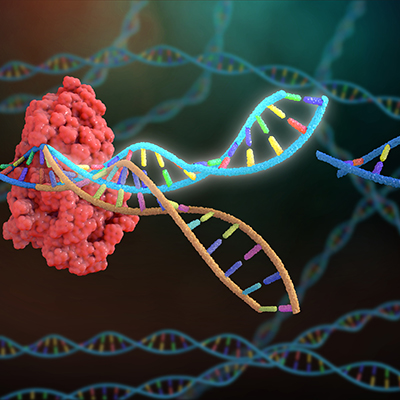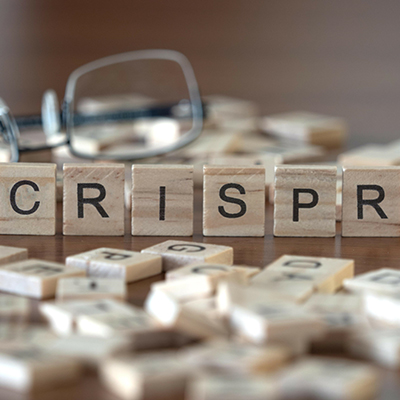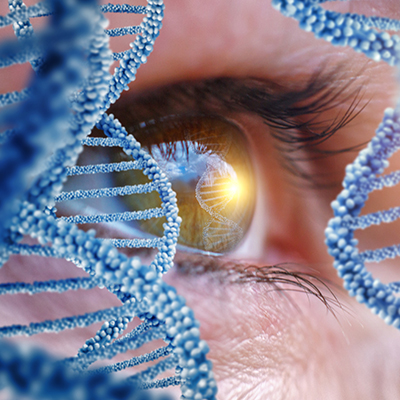May 1, 2023 -- Scientists have used viral peptides to get CRISPR-Cas gene editing molecules into cells more efficiently and with minimal toxicity, suggesting the method can improve the production of cell and gene therapies.
CRISPR-Cas gene editing systems have potential therapeutic applications in the ex vivo modification of human cells to create cell therapies and in the in vivo correction of the genetic causes of disease. However, the use of the systems to edit cells taken from patients, known as primary cells, is currently constrained by the limitations of existing techniques for getting the gene-editing molecules into cells.
"Current methods of getting CRISPR-Cas systems into cells, which include the use of carrier viruses and electric pulses, are inefficient for cells taken directly from patients. These methods also typically kill many of the cells they are used on, and can even cause broad unwanted changes in gene activity," Shelley Berger, PhD, a professor in cell and developmental biology and genetics and director of the Penn Epigenetics Institute, said in a statement.
Berger is co-senior author on a Nature Biotechnology paper that describes a potentially superior way to get CRISPR-Cas systems into cells. The collaborators mixed CRISPR-Cas molecules with small, protein fragments that viruses use to enter human cells to create an engineered Peptide-Assisted Genome Editing (PAGE) CRISPR-Cas system.
After studying the effects of different viral proteins, the researchers discovered that a fused combination of modified HIV and influenza peptides was particularly effective. Incubating cell-penetrating Cas9 or Cas12a with a cell-penetrating endosomal escape peptide for 30 minutes enabled single and multiplex genome editing of primary cells.
The scientists saw editing efficiencies of 98% and greater in human and mouse T cells and in human hematopoietic progenitor cells. PAGE CRISPR-Cas achieved such efficient editing without causing major cellular toxicity or significant transcriptional perturbation, suggesting that it is free from some of the limitations that have held back the application of the gene-editing method to date.
Potential applications include the development of CAR-T cell therapies and other types of cell therapy, an area in which Penn is a leader. Additional research could unlock further applications, as Junwei Shi, PhD, co-senior author and an assistant professor of Cancer Biology and member of the Penn Epigenetics Institute, explained.
"The simplicity and power of the peptide-assist concept suggests that it could potentially be adapted in the future for the delivery into primary cells of other genome-editing proteins, or even protein-based drugs," Shi said.
Copyright © 2023 scienceboard.net









